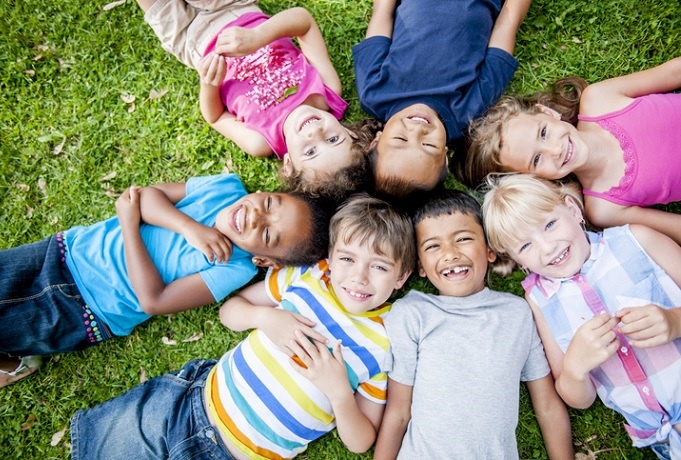
As our children grow into a world filled with technological advancements, where machines are learning to do our jobs, it is ever more important to nurture soft skills like kindness and empathy in our children and to encourage their natural leadership and problem-solving abilities.
In this series Parent24 will interview teachers and experts, and suggest ways in which parents can help their children to prepare for a future in the Fourth Industrial Revolution, starting with:
Empathy, kindness and patience
We send our kids to school, confident that there they will learn the vital skills they need to succeed in life.
Maths, science and literacy are often a focus, with perhaps a musical instrument or an athletic activity added for extra richness, but have you really thought about the kinds of soft skills that are required by all to be successful in society?
Empathy, kindness, patience… these are not characteristics that simply come naturally to children or even adults for that matter, and neither can they be studied and rehearsed and tested for. Yet they are a vital part of our everyday interactions with others and as parents, we should encourage our children to learn these skills.
Empathy: the ability to understand and share the feelings of another.Kindness: the quality of being friendly, generous, and considerate.Patience: the capacity to accept or tolerate delay, problems, or suffering without becoming annoyed or anxious.
Also see: 5 reasons why being kind makes your child feel good – according to science
How can we teach these valuable characteristics?
Empathy is such an important part of the Waldorf education system that it forms part of the fundamentals of the curriculum. Waldorf teachers are taught how to model empathy and understanding and are encouraged to develop one on one relationships with students and to gain an understanding of the home life and backgrounds of each child.
Rudolph Steiner, the founder of the Waldorf system, describes how empathy, patience and kindness toward others encourages internal motivation and a cooperative learning environment.
“Empathy arises out of sympathy, love, interest in and compassion for our fellow human being,” writes Baruch Luke Urieli, author of Learning to Experience the Etheric World, “it enables us to extend our own inner being into that of the other person and directly experience something of his essential nature.”We spoke to Nicole Sparks, a Kindergarten teacher at Michael Oak Waldorf School in Cape Town, to gain some insight into how she helps young children develop these crucial skills for life in a challenging world.
What are you most concerned about when thinking of your child growing up in a society saturated in technology? Share your thoughts with us and we could publish your letter. Do let us know if you'd like to stay anonymous.
“As a teacher, I try to set a good example for the children to model"
Nicole believes that patience, empathy and kindness are learned skills that children acquire through imitation of the people around them. As a teacher, she facilitates the learning of these soft skills through the “wonderful power of imitation”.
“The young child imitates everything around them, both good and bad,” she tells us. “As a teacher, I try to set a good example for the children to model. From the tone and volume of my voice to my gestures, to how I sit and walk, I am conscious that the children imitate everything I do.”
Nicole explains how she speaks kindly, gives each child enough time, and tries to show understanding and love to all the children, and in turn, they learn these behaviours and acquire the skills.
“We have a very close connection to nature, and the children come into contact with plants, trees and garden animals and insects. I remind them to care for and love all the plants and animals in our gardens. Our nature stories, therapeutic stories and fairy tales all encourage the children to love and care for the natural world,” she says.
Characteristics like empathy are however not only learned at school. As a parent, you too should model the desired behaviour. One way to do this naturally is to be a good role model for your child to imitate. Nicole says, “Don’t entertain them, rather include them in everyday home chores. Gardening, housework, walks in nature, playing with siblings and friends.”
Another way is to allow them to experience and resolve conflict on their own. “Often conflict is a good opportunity for them to learn to empathise, show kindness and patience,” Nicole says. “Let them iron out the social creases without intervention. Let them navigate their way and learn these skills with your guidance and not by giving them the answers immediately.”
The development of these social-emotional skills takes time and practice, and parents and teachers alike must nurture these characteristics patiently, to give children the confidence to persist even as they face many challenges as they grow into the world.
Chat back:
What are you most concerned about when thinking of your child growing up in a society saturated in technology? Share your thoughts with us and we could publish your letter. Do let us know if you'd like to stay anonymous.




 Publications
Publications
 Partners
Partners















